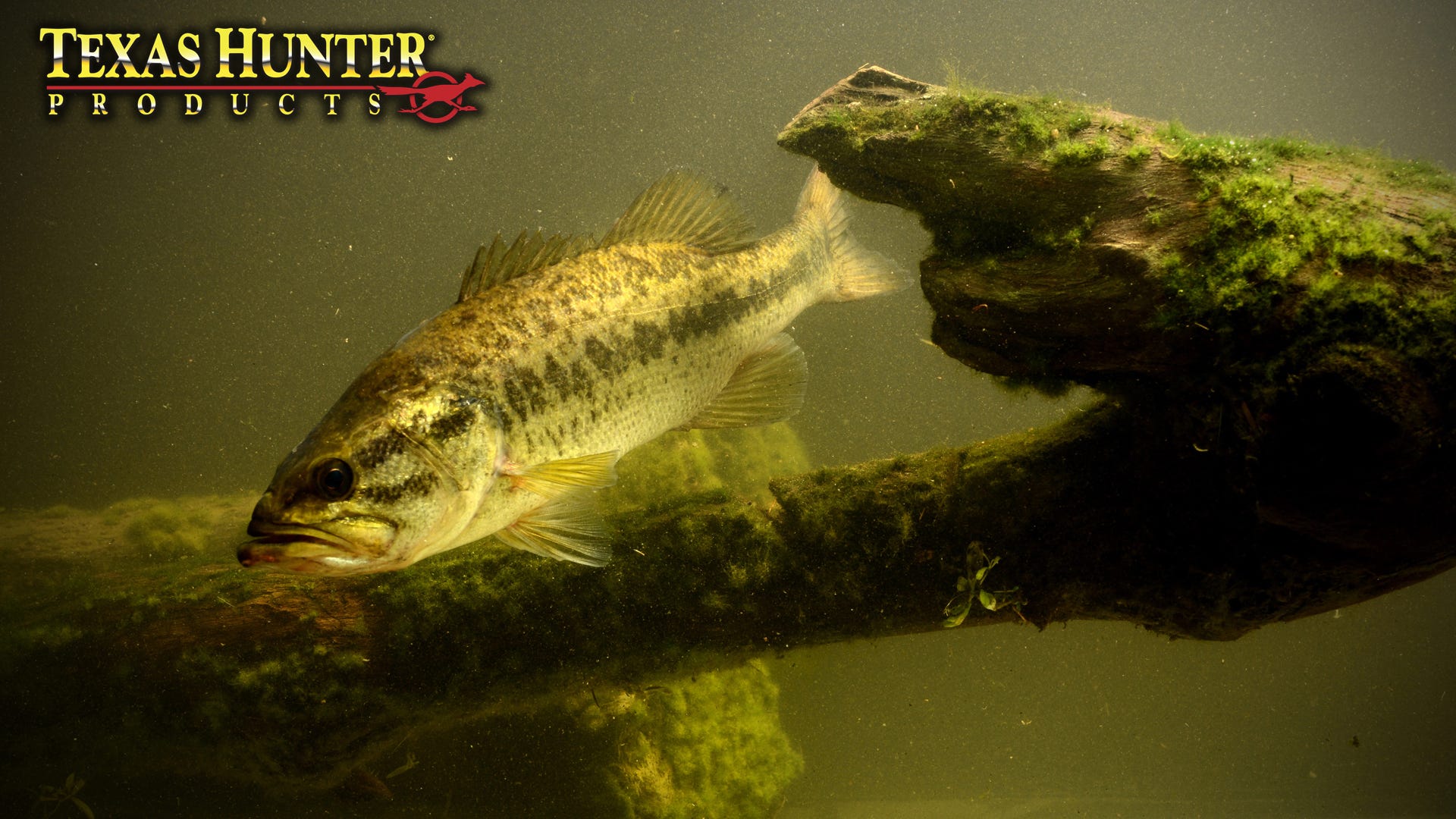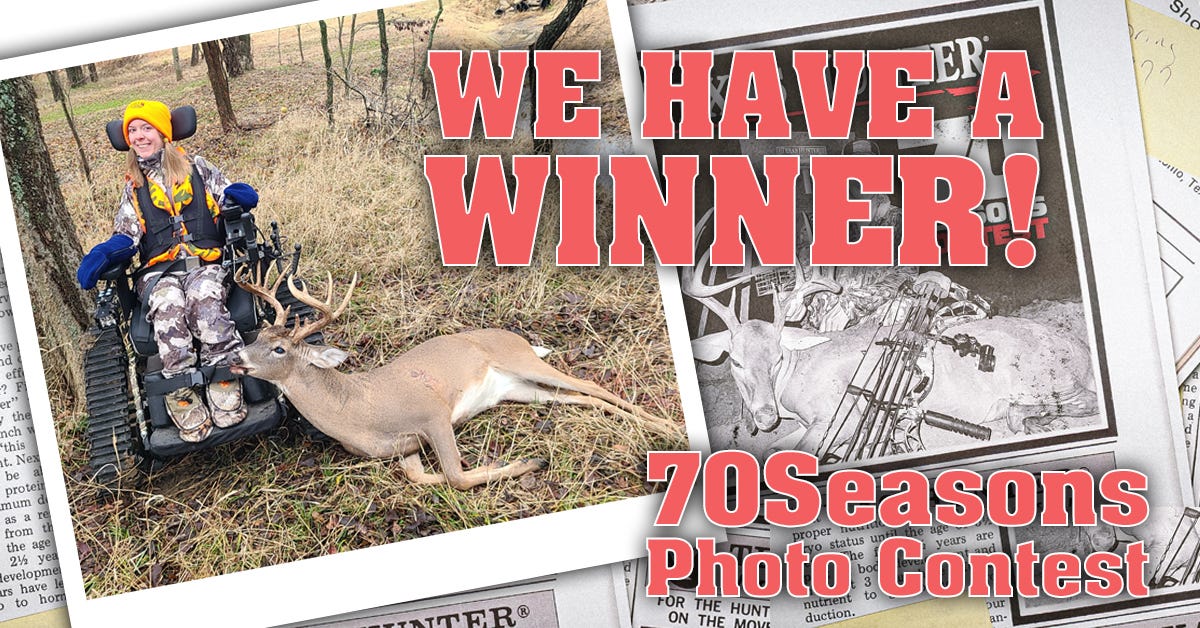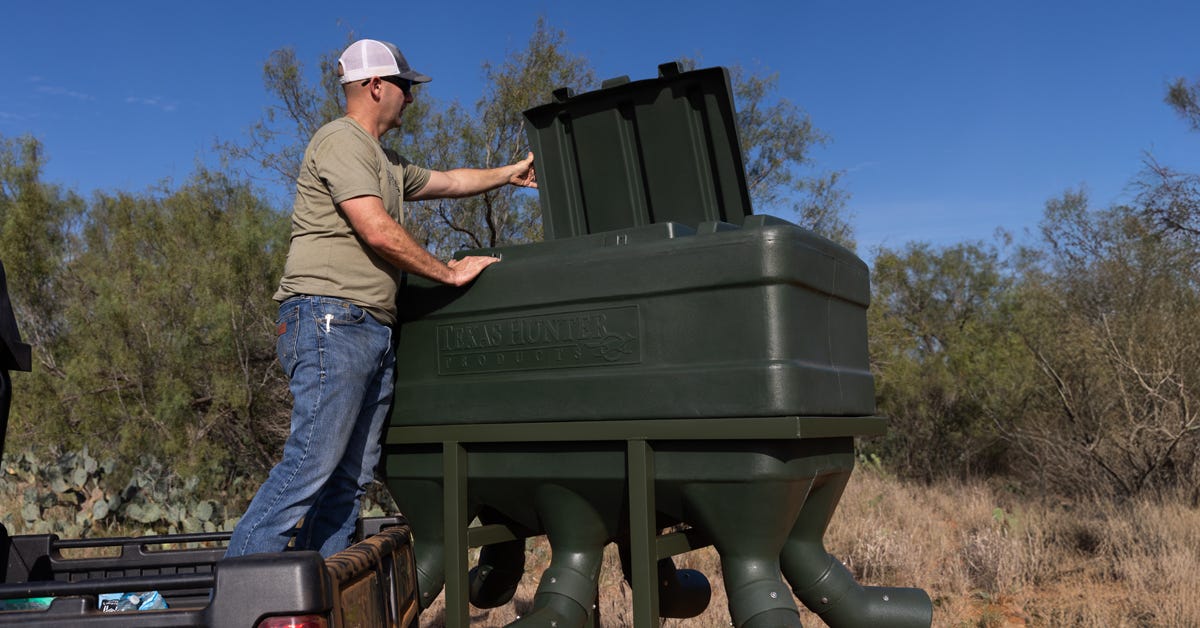- Aug 6, 2024
7 Tips for Training Highly Effective Bird Dogs


Training Your Puppy to Become a Top-Notch Bird Dog: Best Practices for Retrieving Game Birds
Professional dog trainers work with many breeds and personalities, each bringing their own unique set of challenges and rewards. Training a puppy to become an effective bird dog, particularly for retrieving game birds like ducks, pheasant and quail, is a meticulous process that requires patience, consistency, and a deep understanding of canine behavior. Here are the best practices to guide you through this rewarding journey.
1. Start with Basic Obedience Training
Before introducing your puppy to the world of bird retrieval, it’s crucial to establish a foundation of basic obedience. Commands such as “sit,” “stay,” “come,” and “heel” are fundamental. These commands ensure that your dog can follow instructions and remain under control in various situations.
Tips:
- Consistency is Key: Use the same command words and gestures consistently.
- Positive Reinforcement: Reward your puppy with treats, praise, and affection for obeying commands.
- Short, Frequent Sessions: Puppies have short attention spans. Keep training sessions brief (5-10 minutes) but frequent.
2. Socialization
Expose your puppy to different environments, people, and other animals. A well-socialized dog is less likely to be distracted or anxious in new environments.
Tips:
- Controlled Exposure: Gradually introduce your puppy to new experiences in a controlled manner.
- Positive Associations: Make new experiences positive with treats and praise.
- Diverse Environments: Include a variety of settings such as parks, urban areas, and rural landscapes.
3. Introduction to Water
Bird dogs often need to retrieve from water, so early exposure is beneficial. Start with shallow, calm water and gradually increase the complexity as your puppy becomes more confident.
Tips:
- Start Slowly: Begin with gentle introductions to water, making it fun and rewarding.
- Use Toys: Encourage your puppy to play with water-safe toys to build positive associations.
- Gradual Progression: As your puppy becomes comfortable, introduce deeper and more challenging water scenarios.
4. Retrieving Training
Retrieving is a fundamental skill for bird dogs. Begin with simple fetch games using bumpers or dummies.
Tips:
- Use of Dummies: Start with soft, lightweight dummies and gradually increase the weight and complexity.
- Encourage Natural Instincts: Praise and reward your puppy for successful retrieves, reinforcing their natural behavior.
- Steady Progression: Gradually increase the distance and difficulty of retrieves to build your puppy’s skills and confidence.
5. Field Training
Field training is where your puppy will learn to navigate different terrains and follow commands in real world field scenarios.
Tips:
- Controlled Environment: Begin in a controlled environment with minimal distractions.
- Use of Check Cord: A long check cord can help maintain control while allowing your puppy to explore and learn.
- Introduce Gunfire: Gradually acclimate your puppy to the sound of gunfire, starting with low-volume noises and progressing to louder sounds.
6. Steadiness and Control
A well-trained bird dog must remain steady and under control, even in the excitement of the hunt. Training steadiness involves teaching your dog to remain calm and focused.
Tips:
- Steady to Wing and Shot: Train your dog to remain steady when birds flush and when shots are fired.
- Patience and Persistence: Use patience and persistent training to reinforce steadiness.
- Controlled Distractions: Gradually introduce controlled distractions to test and improve your dog’s steadiness.
7. Regular Practice and Consistency
Regular practice is essential for maintaining and improving your bird dog’s skills. Consistent training reinforces learned behaviors and helps address any emerging issues.
Tips:
- Routine Training: Establish a regular training schedule to keep your dog’s skills sharp.
- Variety in Training: Incorporate a variety of scenarios and challenges to keep your dog engaged and adaptable.
- Continuous Improvement: Continuously assess and adjust your training techniques to meet your dog’s evolving needs.
Conclusion
Training a puppy to become a highly effective bird dog for retrieving game birds is a rewarding endeavor that requires dedication, patience, and a strategic approach. By following these best practices, you can cultivate a strong, reliable partnership with your dog, ensuring success in the field and a lifetime of enjoyable hunts. Remember, every dog is unique, and progress may vary. Stay patient, celebrate small victories, and enjoy the journey with your four-legged companion.
CHECK OUT OUR BLAZER AUTOMATIC DOG FEEDERS



